

10 Places to Taste Denver’s Culinary Melting Pot
Tour some of the world’s richest culinary traditions at these Denver eateries.
Much like its diverse population, the culinary influences of Denver’s food scene span the globe—putting various cuisines and traditions on a delicious collision course. Today, Denver’s restaurants and bakeries showcase that rich international heritage. You’ll find everything from unexpected fusion concepts—like Chuey Fu’s Latin-Asian grub or Koko Ni’s Japanese-French pairings—to elegant explorations of traditional cuisines, like Ash’Kara’s take on the savory North African tagine. While adventurous eaters will find a lifetime of dishes to try in Denver, these spots offer some of the deepest immersions into regional culinary traditions. Behind each door simmers a unique world of flavor, history, and culture. So, pack your appetite, book a table, and begin your globetrotting tour at these 10 establishments.

Ash’Kara
Michelin-approved Middle-Eastern.
Walk through the doors of Ash’Kara and the first thing you’ll notice is the symphony of aromas: lemon, za’atar, fresh bread, and delicately spiced lamb. The menu, which features Middle Eastern and North African cuisines, is a mosaic of flavors and foods, many of which are served hot from Chef Reggie Dotson’s 900-degree wood-fired oven. Highlights include Dotson’s famous wood-fired pita, tangy labneh dip, and sweet-and-savory pomegranate-braised lamb tagine.
The atmosphere echoes the menu. Inside, muted pastels and ornate, Moroccan-style lamps make the space feel at once brightly familiar and lushly exotic. That balance between accessibility and adventurous cooking earned Ash’Kara a Bib Gourmand—a prize for moderately priced restaurants serving quality meals—from the 2023 Michelin Guide. The reasonable price point leaves room in your budget for dessert. (Between the baklava and the chocolate olive oil cake, you can’t go wrong.)
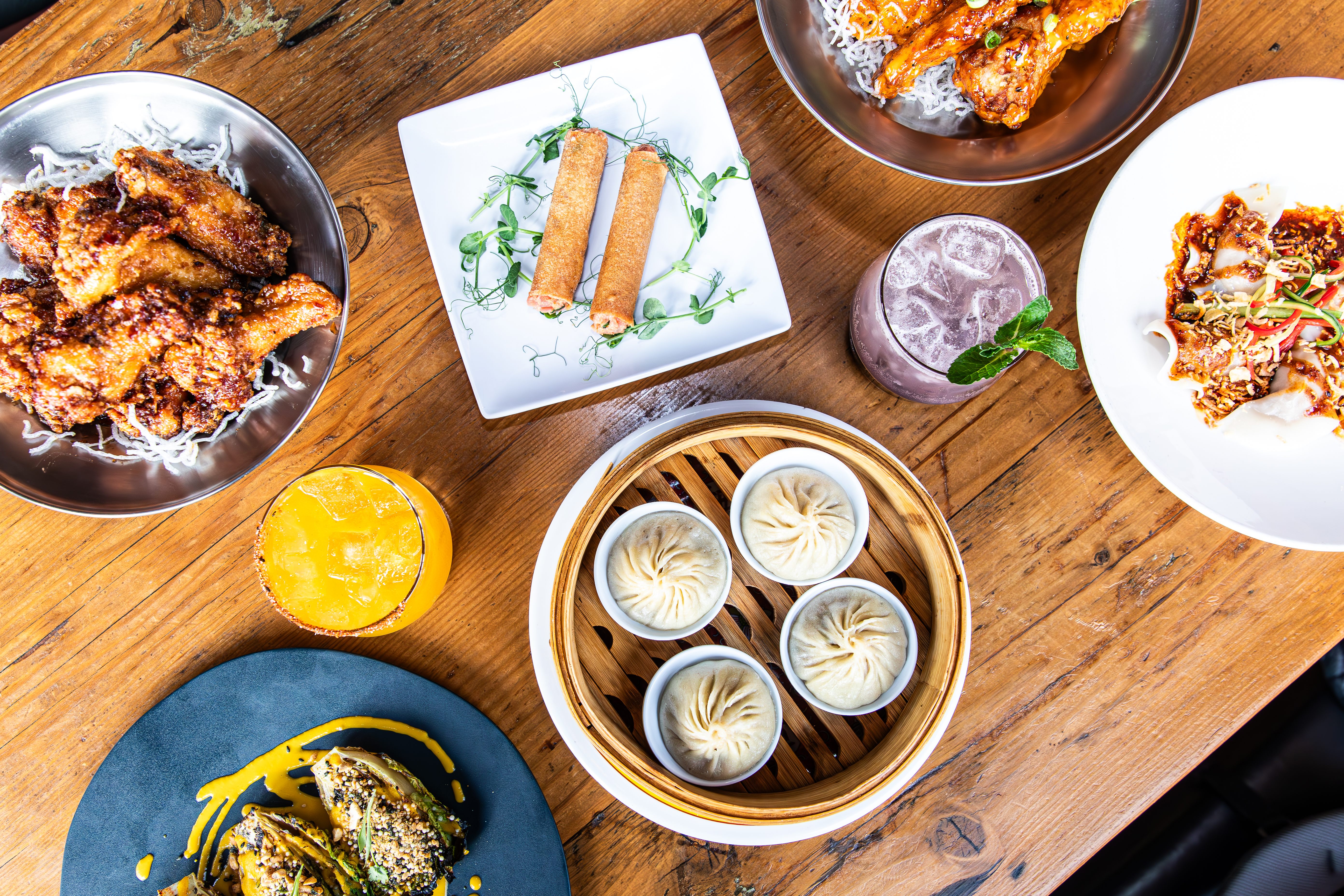
Ace Eat Serve
Dinner—and table tennis—is served.
There aren’t many places where you can order a whole Peking duck and enter a ping-pong tournament in the same evening. In fact, Ace Eat Serve might be the only one. This playful Denver food concept serves up regional Asian cuisine—including spicy pork ramen, pillowy bao buns, and steaming curries—in an airy, industrial-chic space that doubles as a ping-pong hall.
Start your evening with a tangy gin Yuzu Drop and Ace’s famous triple-fried, sweet-and-sticky Tiger Wings. But be sure to save room for the main course: Ace Eat Serve offers a traditional table-side Peking Duck experience, which includes a whole duck, Mu Shu crepes, sauces, and sides. When you’ve had time to digest, work off your meal at one of the restaurant’s six ping-pong tables (reservations recommended).

Chuey Fu’s
Culinary matchmaking at its finest.
What started as a food truck hustle in central Denver has since become a treasured staple of the Capitol Hill neighborhood. And though Latin and Asian cuisines might seem like an unlikely pairing, Chuey Fu’s Chef Joseph Knoblich says the flavors are mouthwateringly complementary. From cilantro and lime to hot chilis, the cuisines share many of the same ingredients. That makes Latin-Asian a heavenly match. Not convinced? The proof is on the plate: try the phở burrito for a delightful mix of Vietnamese and Tex-mex flavors, or the ancho chili chicken with sesame peanut sauce for a sweet-and-salty combo.
While Chuey Fu’s is dedicated to producing seriously good food, it’s careful not to take itself too seriously. Inside the small, industrial space, you’ll find paper maché koi fish, hot pink bar lights, and a mariachi skeleton playing a guitar. Be sure to take a peek outside, too: Chuey Fu’s employs local artists to cover its ever-changing graffiti wall.
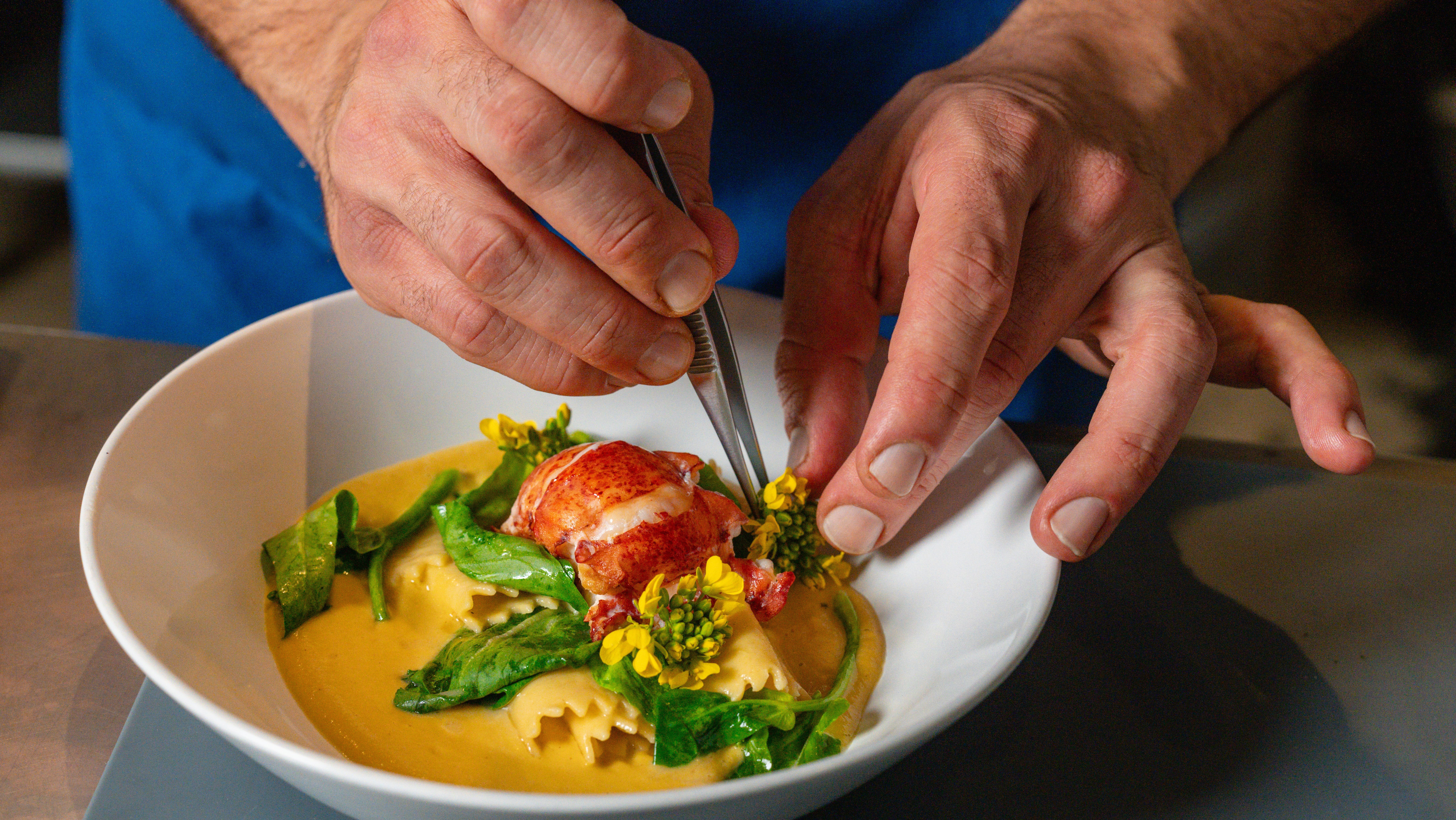
Koko Ni
High-end Omakase with a French twist.
The minute you sit down to eat at Koko Ni, you’ll be treated to a revolving door of surprises. Your first courses could include a bouquet of edible flowers dressed in habanada honey mustard and fresh parmesan. Or maybe a ruby-red sliver of tuna sashimi. Next could be handmade pasta with buttery lobster, or perhaps a poached halibut filet. The delights just keep coming—which is exactly the experience James Beard award-winning chef Paul Qui wants his guests to have.
Qui opened Koko Ni in 2018 as a passion project and an outlet for his culinary creativity. Most of his elegant, playful dishes are inspired by Japanese and French cuisines. They also feature the most premium ingredients possible: The restaurant sources all its produce from local Colorado farms and the bulk of its seafood from sustainable fisheries. (Even the carefully curated wine list focuses on small-batch growers.) That dedication to freshness ensures that no meal is the same at Koko Ni: The ten-course tasting menu changes daily, based on the day’s best ingredients.
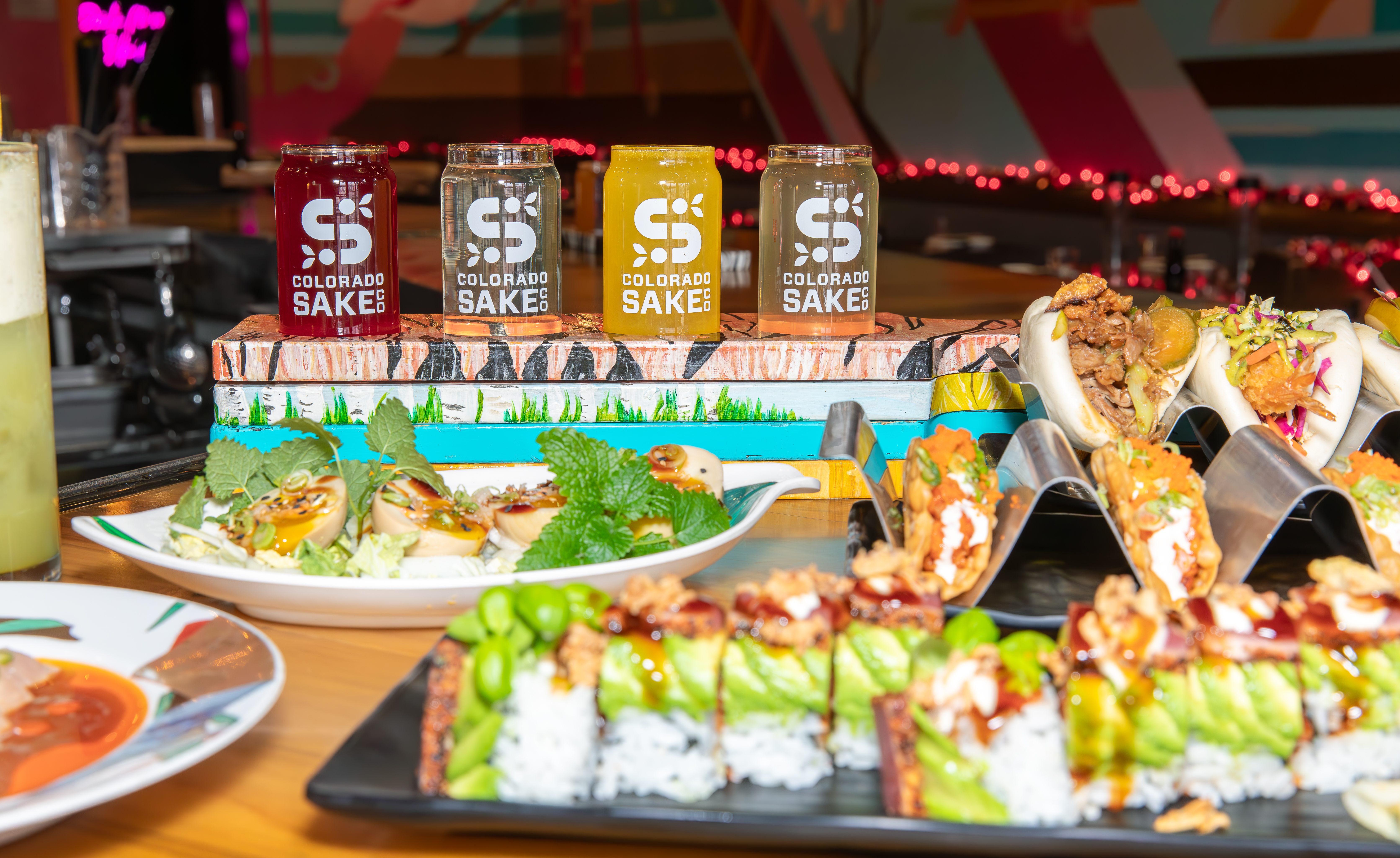
Colorado Sake Co
Craft sake and Japanese tapas.
Six years ago, William Stuart decided to bring craft sake to Colorado. Scrappy and self-funded, his brewery was a labor of love—and before long, Coloradans started to notice. Today, Colorado Sake Co. (CSC) isn’t just the only sake brewery in the state; it’s also the largest American-owned producer in the country. And it’s not just a tasting room, either. Chef Collin Kirkbride creates imaginative izakaya pairings to complement CSC’s most iconic sakes, and the venue also contains an in-house comedy club.
If you’re new to sake, it’s best to begin with a flight. But if you only have time for one drink, order the smooth, unpasteurized American Standard Junmai Ginjo sake, which pairs perfectly with CSC’s house-made chasu pork bao buns.

Raíces Brewing Company
An ode to culture—and cerveza.
Spanish for “roots,” Raíces is a vibrant, unapologetic celebration of Latin American culture. Located in the Sun Valley neighborhood—a historic hub for Hispanic, Latino, and Indigenous communities—the brewery hosts hundreds of free community events every year, including live music, dances, cultural performances, and poetry readings. But Raíces knows that it’s hard to have a true celebration without good food and drink. To that end, it offers pizza, pretzels, and empanadas from local and Latino-owned businesses, as well as more than a dozen of its own hand-crafted beers. Though it’s tough to choose just one, we recommend the Cafecito, a flavorful, balanced coffee blonde ale. The coffee is grown on fair-trade, Indigenous-owned farms in Guatemala and roasted by women-owned Copper Door Coffee Roasters in Denver.
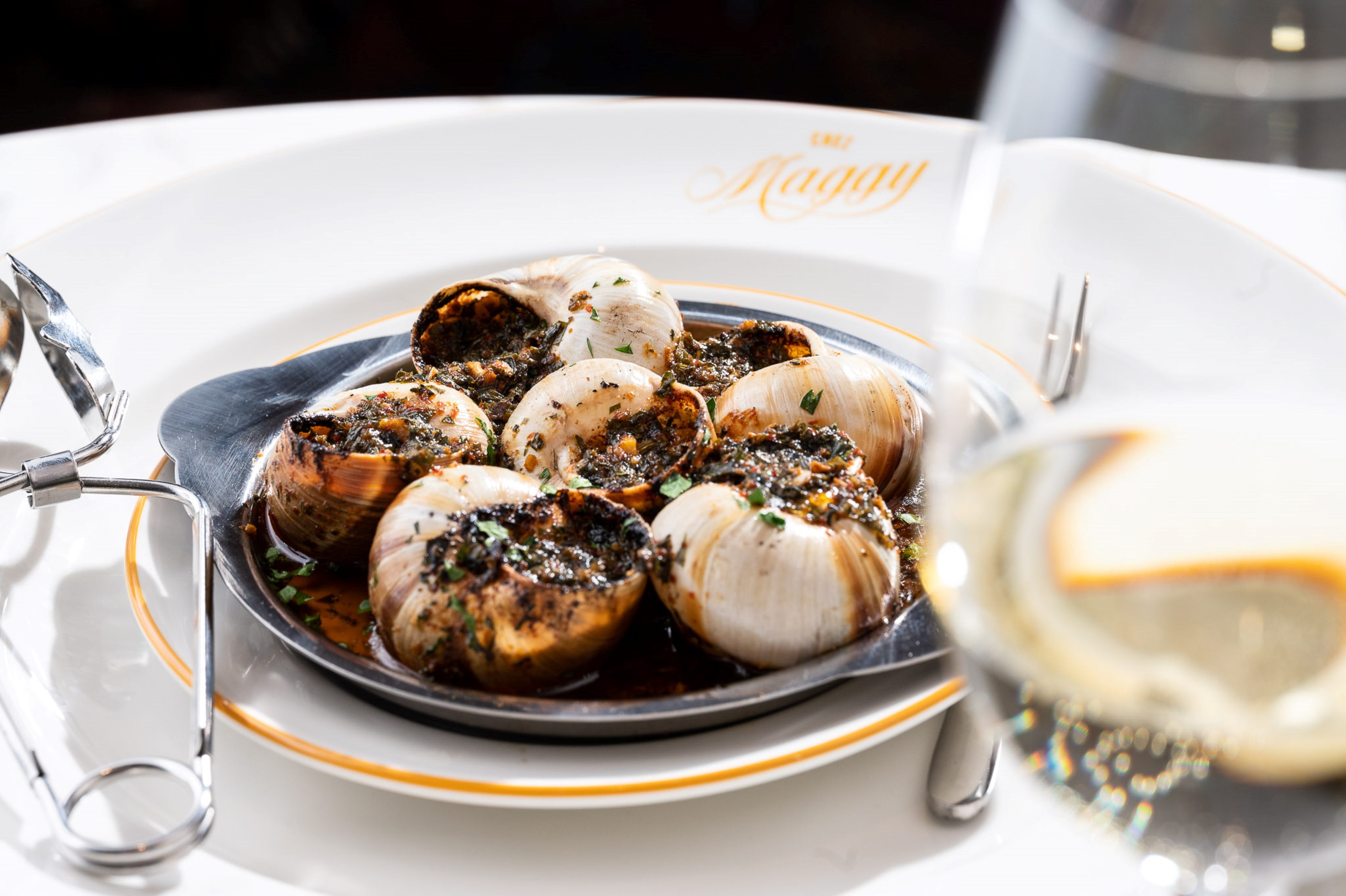
Chez Maggy
A brasserie for the modern Denverite.
A cozy brasserie tucked within Denver’s elegant Thompson Hotel, Chez Maggy marries the reverent sensitivity of traditional French cooking with the vibrant spirit of the West. The concept is the brainchild of Chef Ludo Lefebvre, who spent 20 years cooking in fine dining kitchens in France and opening illustrious eateries in Los Angles—including the Michelin-starred Trois Mec and the Michelin Bib Gourmand-awarded Petit Trois—before relocating to Colorado. Here, Lefebvre uses a palette of locally sourced ingredients, rich flavor combinations, and modern techniques to craft masterworks of modern French cuisine. Of course, tasting is believing: Start with a bowl of onion soup—a rich broth topped with sharp, earthy Gruyère cheese—and a platter of buttery escargot. For your main, choose either the Bison Tartare or Duck Breast a l’Orange, both of which offer creative twists on decadent French classics.

Safta
Israeli-style home cooking.
Safta takes both its name and its inspiration from chef Alon Shaya’s Israeli grandma (“Safta” is the Hebrew word for grandmother.) “She taught me how to cook from a young age and nourished my interest in being in the kitchen,” Shaya says. “Her energy permeates the colors, textures, and flavors of everything we do at Safta.” You can find her vitality in the menu’s traditional spices and her warmth in the soft, wood-fired pita. Bakers make the dough from fresh-milled flour and tend it three full three days before baking to let the flavors build. It pairs perfectly with Safta’s lutenitsa, a spread made from fire-roasted eggplants and peppers. For your main course, try the harissa chicken, a spicy-succulent dish served with charred lemon and fragrant bay leaves.

Tamayo by Chef Richard Sandoval
Contemporary Mexican done right.
A stylish dinner-and-drinks joint in Denver’s Larimer Square, Tamayo sits beneath twinkling string lights among elegant Victorian-era buildings. The prestigious setting seems fitting: , Tamayo was one of the first restaurants to bring contemporary Mexican cuisine to Denver, and it’s still among the best. The menu’s carefully crafted tacos, enchiladas, and empanadas all burst with flavor, each an aromatic ode to Chef Richard Sandoval’s native Mexico. But Sandoval always finds a way to add his own twist. Among the restaurant’s most iconic offerings are the crispy short-rib corn empanadas and the carne asado tacos, which include Negra Modelo-marinated steak and blistered chiles. Plan to stay for a nightcap, too: Tamayo’s beverage menu boasts more than 200 agave spirits, which it serves both on the rocks and in colorful cocktails. (The spicy mango margarita is a favorite.)
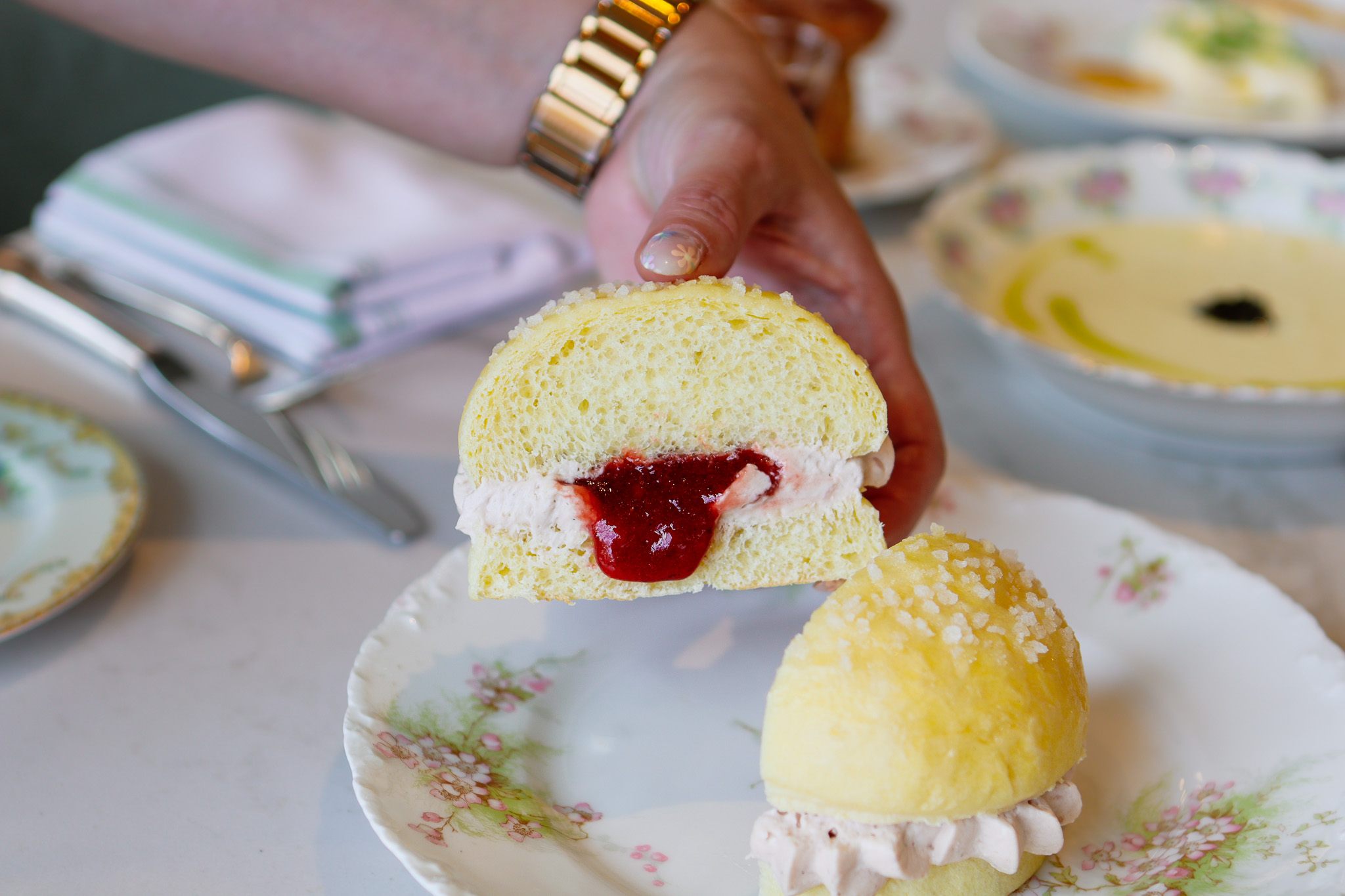
Noisette
Comfort food from the French Countryside.
Plush velvet seats and floral-painted porcelain may give Noisette the air of a sophisticated parlor, but dine at this little eatery, and you’ll be treated to an experience that’s anything but stuffy. A bright restaurant-and-bakery concept located in Denver’s charming Highland neighborhood, Noisette pays homage to cuisine bourgeoisie, a type of home cooking passed down from generation to generation by French mothers and grandmothers. The menu includes unfussy comfort foods like roast chicken, duck breast with wild mushrooms, and Dover sole doused in lemon and brown butter. And for those of us who feel more comforted by pastry, there’s Noisette’s acclaimed bakery. Here, hand-folded dough and rich European butter conspire in an alchemy that only the French seem to have perfected. The plain croissant and canelé are both faultless classics, as is the vol au vent—an airy, puff-pastry case that holds a savory filling.
Sponsored by VISIT DENVER. Click here to explore more.




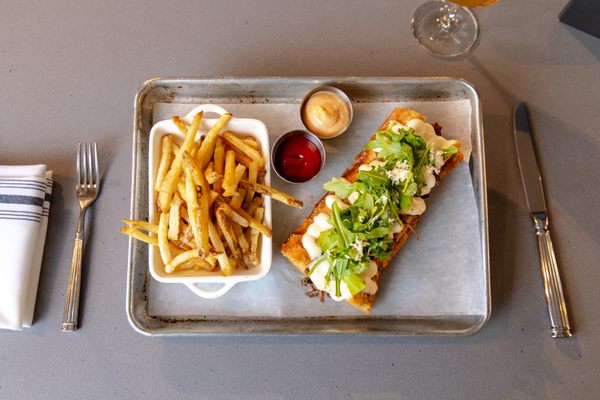




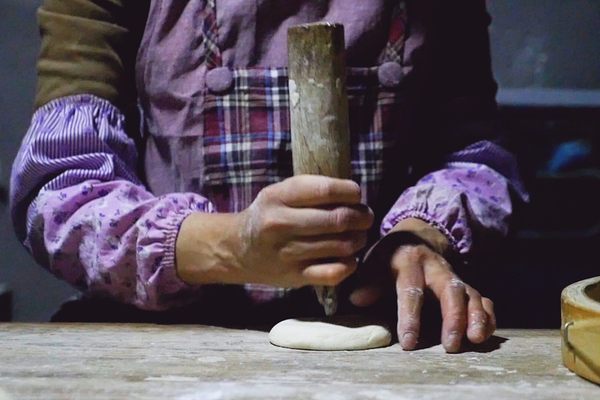
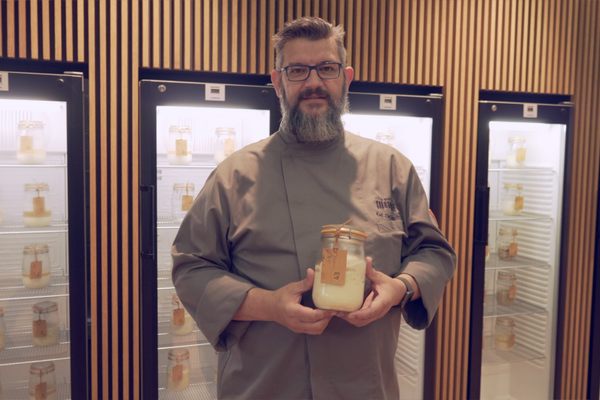


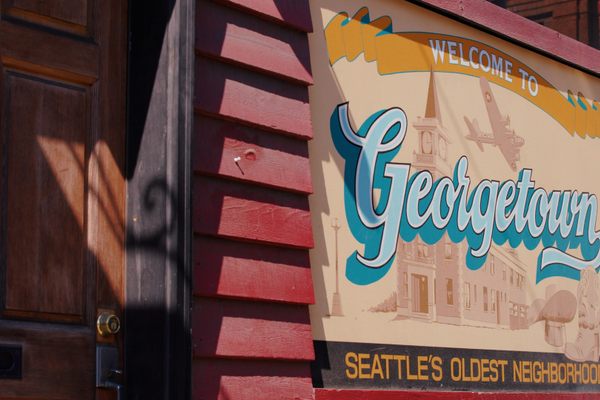












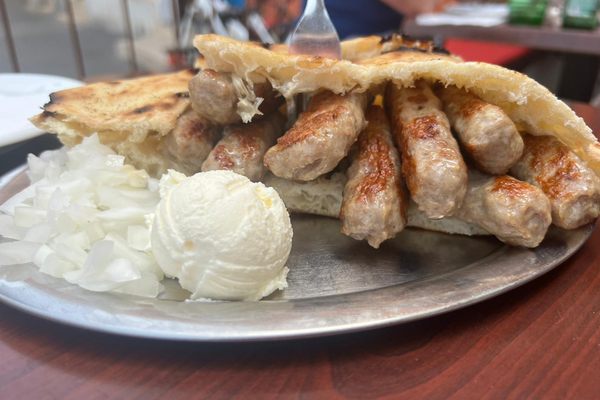

Follow us on Twitter to get the latest on the world's hidden wonders.
Like us on Facebook to get the latest on the world's hidden wonders.
Follow us on Twitter Like us on Facebook